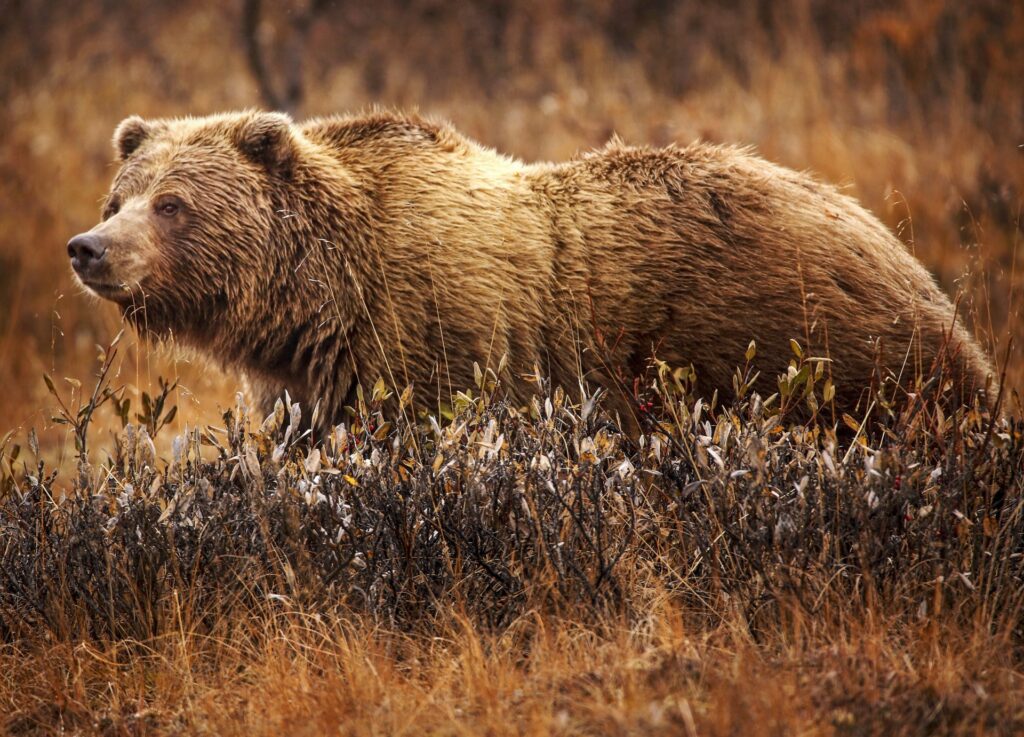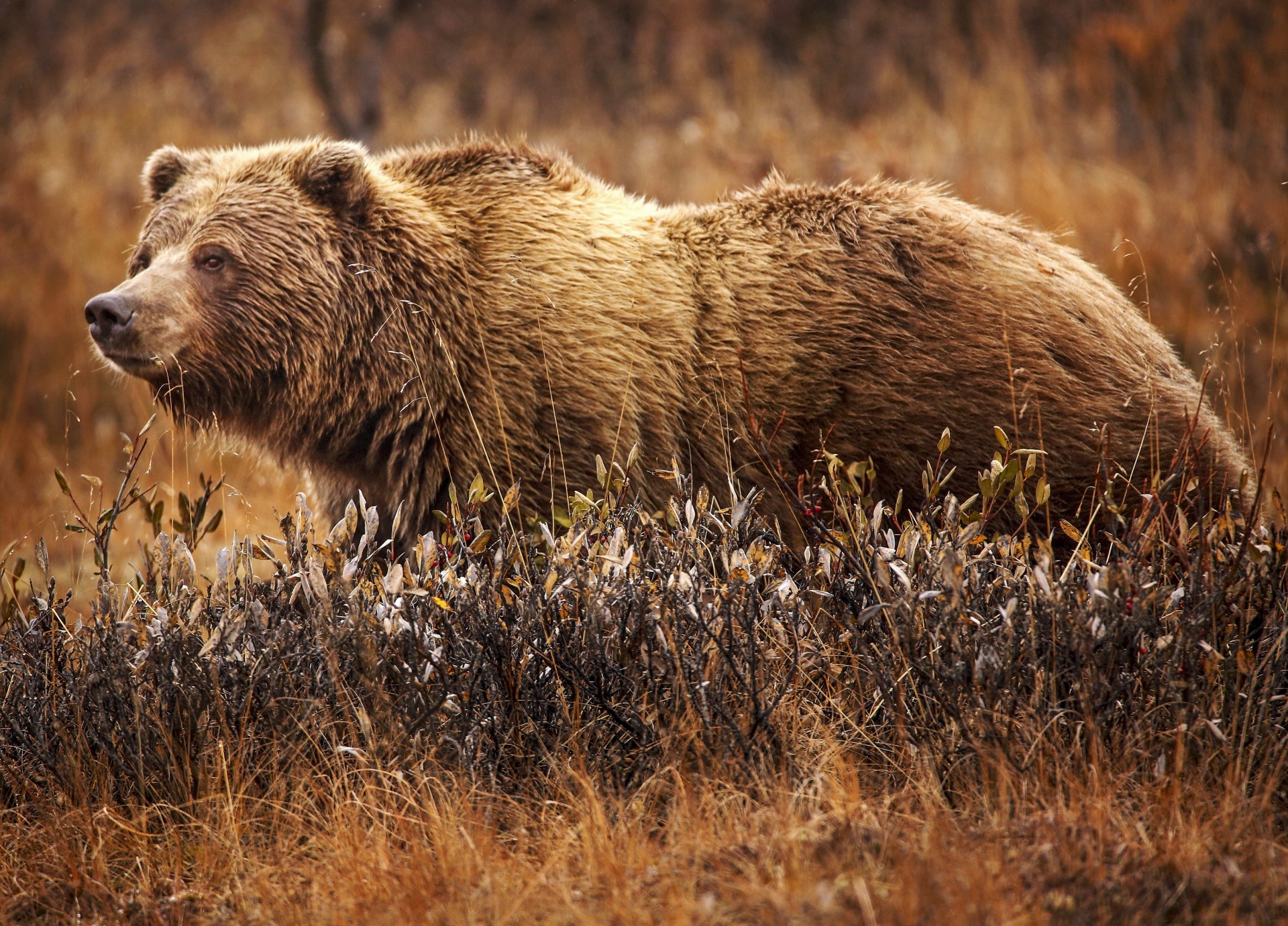
Grizzle Grizzle: Understanding the Sounds, Meanings, and Implications
The term “grizzle grizzle” might sound peculiar, even nonsensical, at first glance. However, language is often nuanced, and phrases can carry meanings far beyond their literal interpretation. This article aims to dissect the phrase “grizzle grizzle,” exploring its potential origins, interpretations, and implications in various contexts. We’ll delve into how such a phrase might be used, the emotional undertones it could convey, and ultimately, what it tells us about the flexibility and expressive power of language itself. Understanding “grizzle grizzle” requires a deeper look at context and intention.
Potential Origins and Interpretations of Grizzle Grizzle
The repetition of “grizzle” suggests an intensification of the underlying emotion or action. “Grizzle” itself commonly refers to a low, murmuring complaint or a whimper. Therefore, “grizzle grizzle” could imply a deeper, more persistent, or more intense form of this complaint. Let’s explore some potential scenarios:
- Exaggerated Discontent: Someone might use “grizzle grizzle” to describe chronic complainers or those who consistently find fault in situations. It paints a picture of someone who is perpetually unhappy and vocal about their grievances.
- Intensified Worry: If “grizzle” implies worry, then “grizzle grizzle” could mean an escalating sense of anxiety or unease. Perhaps someone is facing a challenging situation and their internal worries are compounding.
- Mimicking a Sound: The phrase could also be used to mimic a specific sound, perhaps a low, rumbling noise repeated over and over. This could be anything from a malfunctioning machine to the sound of distant thunder.
- Figurative Language: In creative writing, “grizzle grizzle” could be employed as a form of onomatopoeia or to evoke a specific mood or atmosphere. The repetition adds emphasis and can create a sense of unease or monotony.
The Emotional Undertones of Grizzle Grizzle
The emotional undertones associated with “grizzle grizzle” are generally negative. The word “grizzle” itself carries connotations of unhappiness, discontent, and low-level distress. Repeating it amplifies these feelings. Depending on the context, “grizzle grizzle” might evoke:
- Annoyance: Hearing someone “grizzle grizzle” could be irritating, especially if the complaints are perceived as trivial or unwarranted.
- Sympathy: In some cases, the phrase might elicit sympathy, particularly if the person is genuinely struggling with a difficult situation. The repetition could emphasize the depth of their distress.
- Frustration: If the “grizzle grizzle” is persistent and unproductive, it could lead to frustration for both the person experiencing the distress and those around them.
- Melancholy: The phrase can also create a sense of melancholy or sadness, especially if associated with loneliness or isolation.
Contextual Usage of Grizzle Grizzle
Understanding the specific context in which “grizzle grizzle” is used is crucial for interpreting its meaning accurately. Here are some examples:
In Conversation
Imagine a friend constantly complaining about their job. You might say, “He’s always grizzle grizzle about his boss and the workload.” Here, “grizzle grizzle” describes their habitual complaining.
In Literature
A writer might use “grizzle grizzle” to depict the sounds of an approaching storm: “The grizzle grizzle of thunder grew louder, signaling the storm’s imminent arrival.” This creates a sense of foreboding.
In Music
A musician could incorporate “grizzle grizzle” into lyrics to convey a feeling of unease or dissatisfaction. The repetition could serve as a musical motif, reinforcing the emotional theme of the song.
The Power of Repetition in Language
The repetition inherent in the phrase “grizzle grizzle” is a powerful linguistic tool. Repetition can be used to:
- Emphasize a Point: Repeating a word or phrase draws attention to it and reinforces its importance.
- Create Rhythm and Flow: Repetition can add rhythm and flow to language, making it more memorable and engaging.
- Evoke Emotion: As seen with “grizzle grizzle,” repetition can amplify emotional undertones and create a stronger emotional impact.
- Build Suspense: Repeating a phrase can build suspense, creating anticipation for what will happen next.
Consider other examples of repetition in language, such as the phrase “again and again” or “over and over.” These phrases all serve to emphasize the continuous or repeated nature of an action or event. Similarly, “grizzle grizzle” emphasizes the persistent nature of the complaint or worry.
Grizzle Grizzle in Modern Culture
While “grizzle grizzle” might not be a widely recognized idiom, it’s a phrase that could easily find its place in modern culture. The internet, with its penchant for memes and viral trends, is a fertile ground for new expressions to emerge. Imagine a meme featuring a perpetually grumpy character labeled “Grizzle Grizzle Guy.” Such a meme could quickly gain popularity and become a shorthand for chronic complainers.
Furthermore, the phrase could be adopted in online forums or social media discussions to describe negative or pessimistic viewpoints. Someone might comment, “There’s too much grizzle grizzle in this thread,” to express their frustration with the negativity.
The Importance of Context and Intention
Ultimately, the meaning and impact of “grizzle grizzle” depend heavily on context and intention. Without understanding the specific situation and the speaker’s intent, it’s difficult to interpret the phrase accurately. Is it meant as a lighthearted jab, a serious complaint, or a creative expression? The answer lies in the details.
Consider the tone of voice, body language, and the relationship between the speaker and the listener. All of these factors contribute to the overall meaning of the phrase. It’s also important to be mindful of cultural differences, as the interpretation of certain phrases can vary across cultures. The phrase “grizzle grizzle” can be interpreted in different ways depending on the listener.
Conclusion: Appreciating the Nuances of Language
While “grizzle grizzle” might seem like a simple phrase, it highlights the complexity and richness of language. It demonstrates how repetition, context, and intention can all contribute to the meaning of a word or phrase. By exploring the potential interpretations of “grizzle grizzle,” we gain a deeper appreciation for the nuances of language and its ability to convey a wide range of emotions and ideas. The phrase “grizzle grizzle” is a reminder that language is a constantly evolving tool, shaped by creativity, culture, and the ever-changing needs of communication. Remember to consider the context when you hear someone “grizzle grizzle”. [See also: Understanding Idiomatic Expressions] [See also: The Power of Repetition in Rhetoric] [See also: The Psychology of Complaining]

